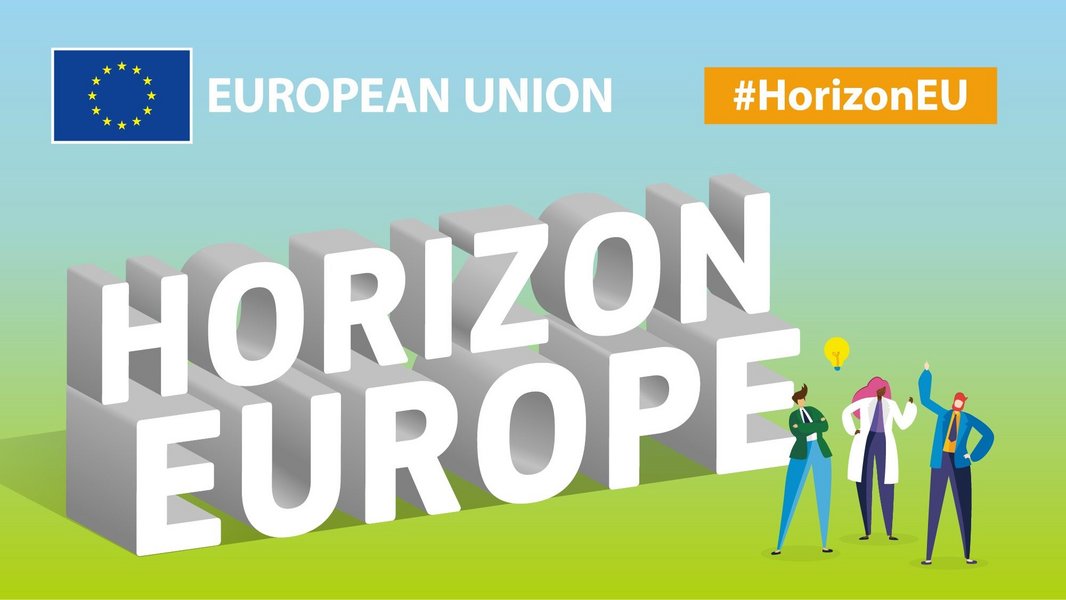Yesterday, the European Commission and the UK Government have concluded negotiations and reached an agreement in principle on the association of the UK to Horizon Europe and Copernicus under the Trade and Cooperation Agreement. This is a landmark moment for scientific and space collaboration between the EU and the UK following agreement of the Windsor Framework earlier this year. Association to Horizon Europe will further strengthen and deepen links between the scientific communities in the UK and the EU, foster innovation and enable researchers to work together on global challenges from climate to health. The UK Government and the European Commission look forward to enabling collaboration between their researchers in which the UK and the EU share a mutual interest, such as in new and emerging technologies. To this end, the EU will assess UK participants’ access to strategic parts of the Horizon Europe programme[*1] on equal terms with other associated countries.
UK researchers will be able to fully participate in the Horizon Europe programme on the same terms as researchers from other associated countries, including leading consortia, from the 2024 Work Programmes and onwards – including any 2024 calls opening this year. For calls from the 2023 Work Programmes, the European Commission will continue to administer transitional arrangements and the UK will continue to provide funding under the UK Guarantee. UK and EU scientists and researchers can have confidence in continuing long-term partnerships with their counterparts.
What is Horizon Europe and what does it mean for the UK?
Horizon Europe is the world’s biggest civil research and innovation programme with a budget of €95.5 billion from the EU alone, coupled with the contributions of associated countries. It supports EU Member States and associated countries in unlocking their national research and innovation potential by funding frontier research projects, fellowships, break-through innovation and the mobility of researchers. Horizon Europe sets ambitious goals to tackle some of today’s biggest global challenges, such as health crises or the fight against climate change, as it reinforces technological and industrial capacities across the EU.
Association to Horizon Europe will allow researchers and organisations in the UK to participate in the programme on equal terms with researchers and organisations from EU Member States. It will allow the EU and UK to deepen their relationship in research and innovation, bringing together their research communities.
What is Copernicus and what does it mean for the UK?
Copernicus is the EU’s satellite system for observing and monitoring the Earth. It consists of a complex set of systems which collect data from multiple sources: Earth observation satellites and in situ sensors such as ground stations, airborne sensors, and sea-borne sensors. It processes this data and provides users with reliable and up-to-date information through a set of services related to climate change and the environment, prevention and management of disasters and security. As such, Copernicus makes an essential contribution in reaching the EU Green Deal and Net-Zero objectives.
The UK will have access to all Copernicus products and services. This includes the thematic services for land monitoring, marine environment, atmosphere as well as climate change monitoring. The Copernicus products and services provided will be extended to cover the UK’s territory. For the on-demand services, the UK will be able to access as an authorised user the Copernicus emergency management service. In the security domain, this will depend on the cooperation agreed between the EU and the UK in the relevant areas.
UK companies and research institutes will be able to bid for contracts implemented under Copernicus. They will follow the same rules as companies from EU Member States, except where the Regulation of the EU Space Programme restricts participation in procurements that are sensitive for security reasons (Art 24).
The association of the UK to Copernicus will enable the UK’s access to a state-of-the art capacity to monitor the Earth and to its services. The UK’s association to Copernicus comes at a crucial moment, where the Copernicus space infrastructure and its information services will evolve further and their contribution to understanding and acting on environmental and climate change related challenges is more important than ever. The UK will also have access to EU Space Surveillance and Tracking services. The European Commission and the UK Government will take forward joint outreach and engagement activities designed to encourage the participation of UK entities within both programmes.
In line with the terms of the Trade and Cooperation Agreement, the European Commission and UK Government have also agreed appropriate terms regarding the UK’s financial contribution for the Multiannual Financial Framework 2021-2027 reflecting the fact that UK researchers did not participate in Horizon Europe or Copernicus from their beginning in 2021. Yesterday’s agreement in principle marks another step forward for the EU and UK to work together in the spirit of friendly cooperation on issues of shared interest. The European Commission and the UK Government intend to make full use of the opportunities provided by the Trade and Cooperation Agreement.
Following yesterday’s announcement, the European Commission and the UK Government will work together with the aim of promptly adopting the necessary legal instruments. These legal instruments need to be adopted by the Specialised Committee on Participation in Union Programmes subject to prior approval by the Council of the European Union.
[*1] As defined in Article 22(5) of Regulation (EU) 2021/695 (the ‘Horizon Europe Regulation’)



